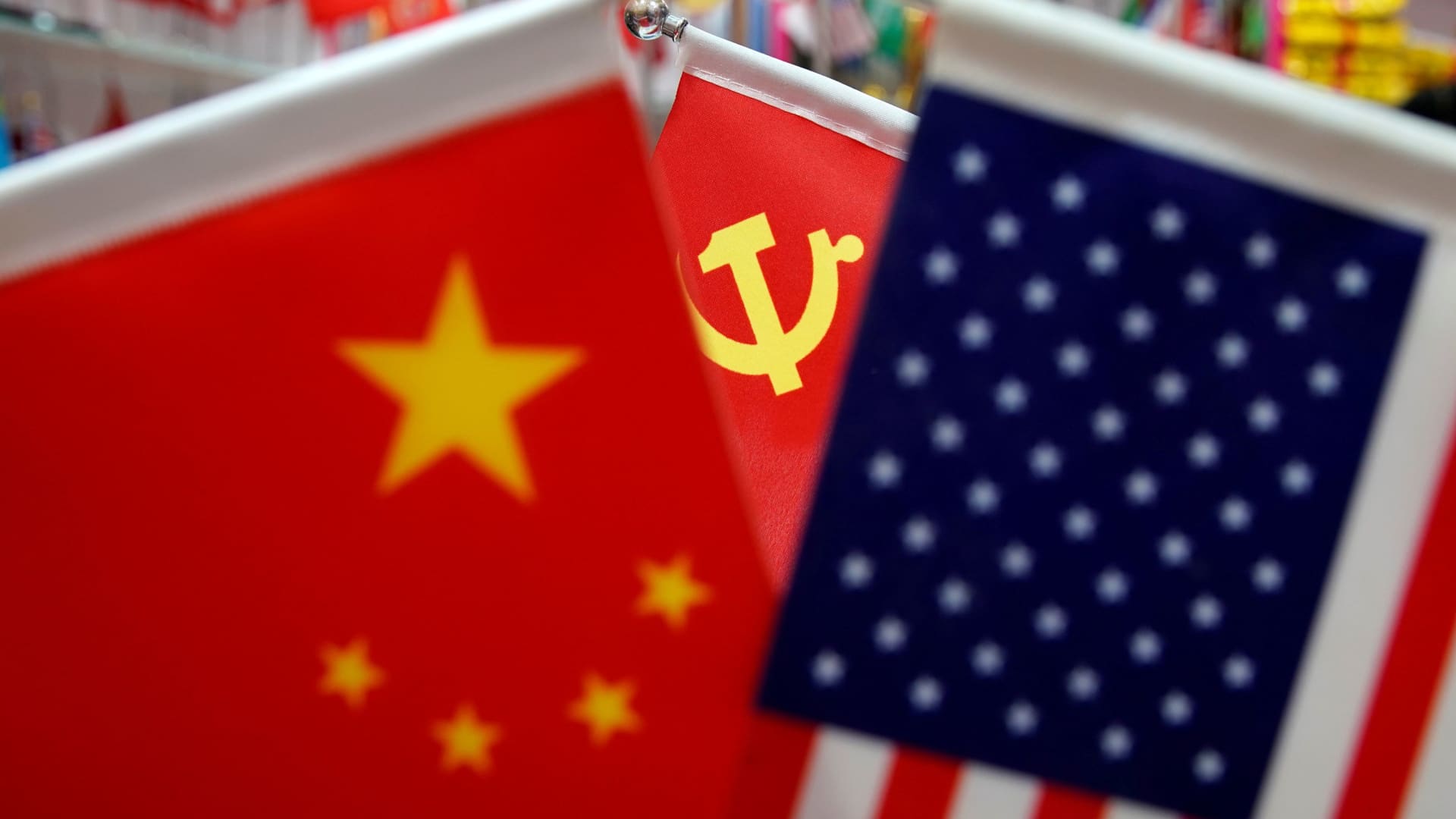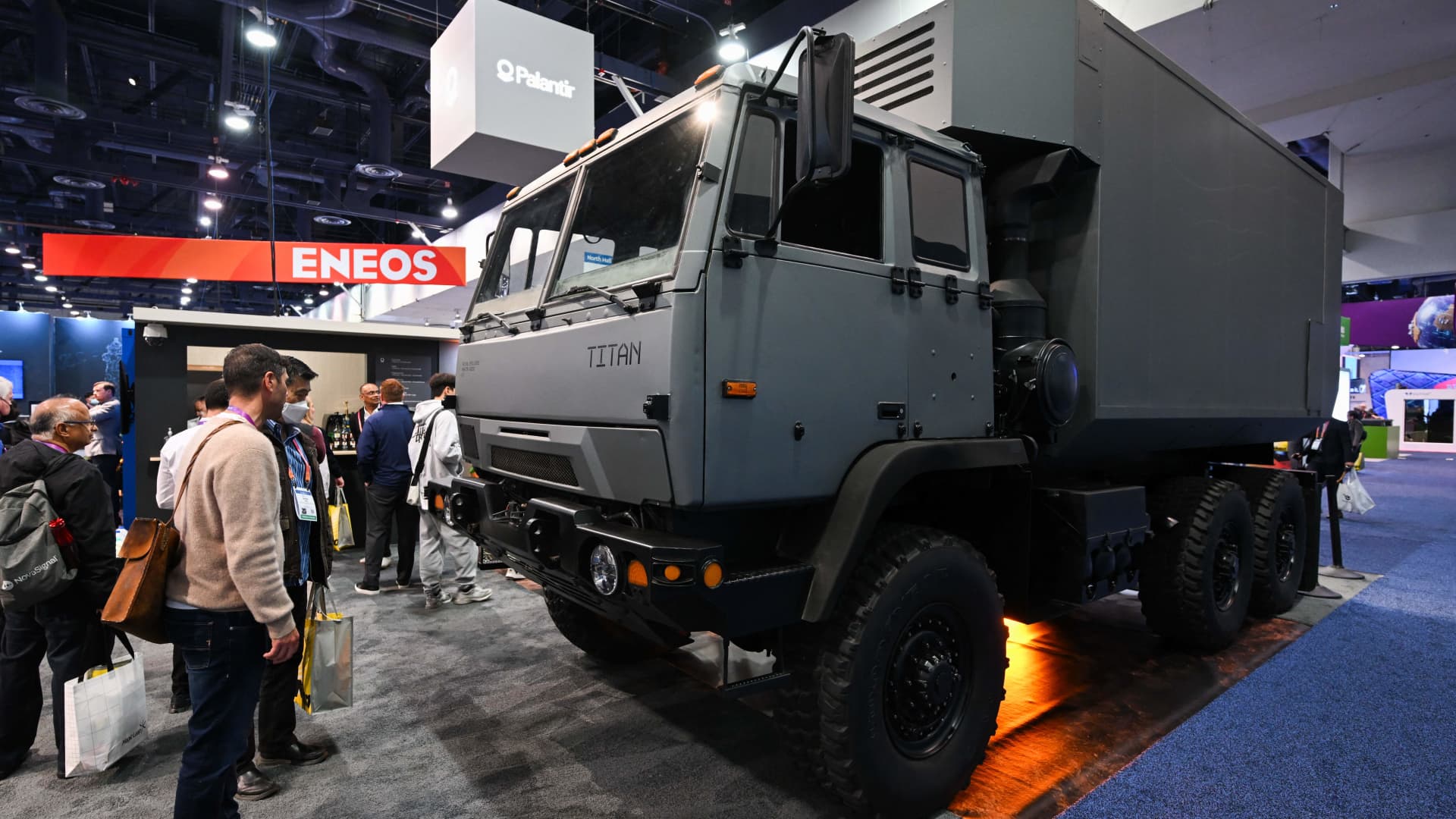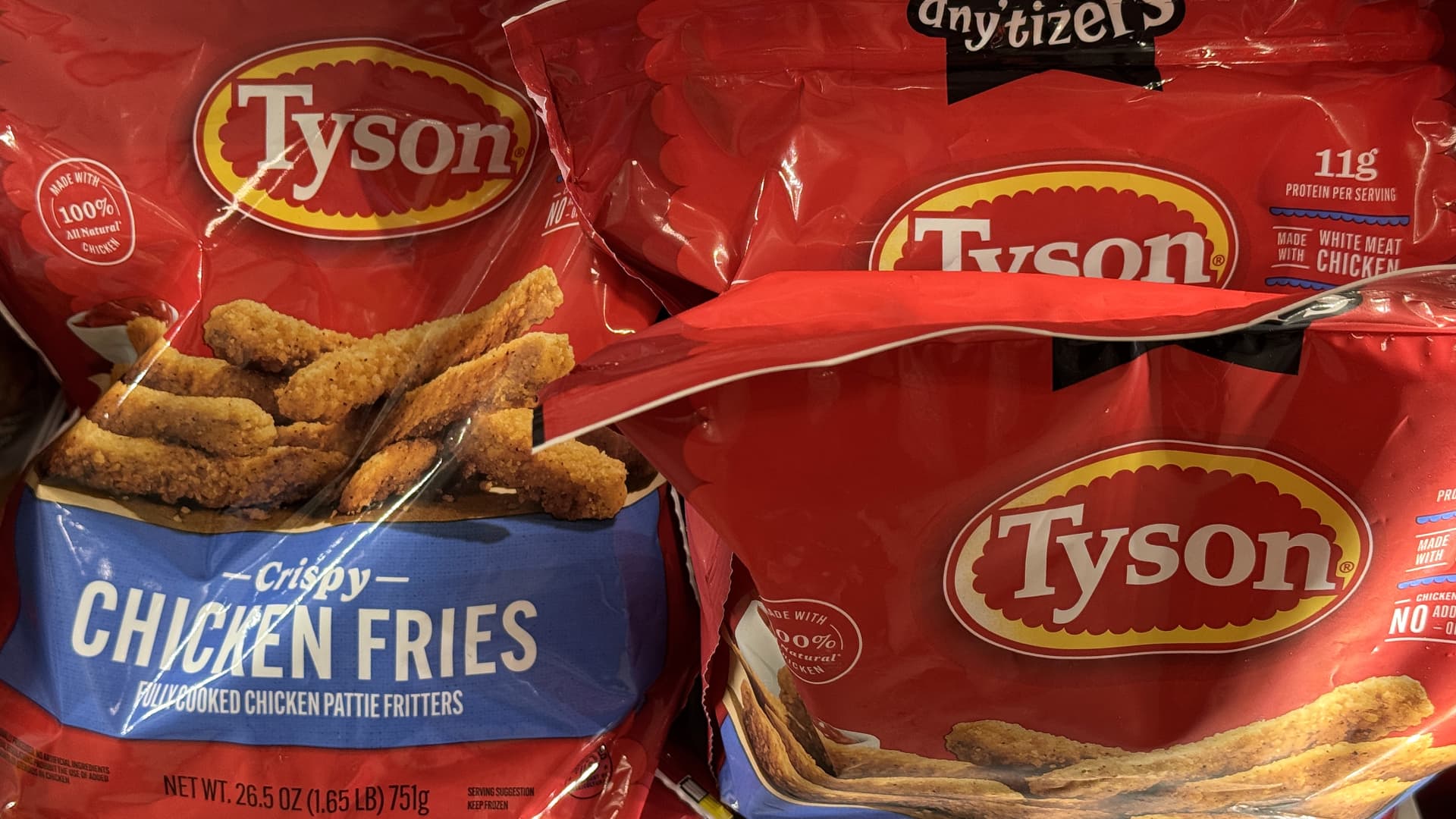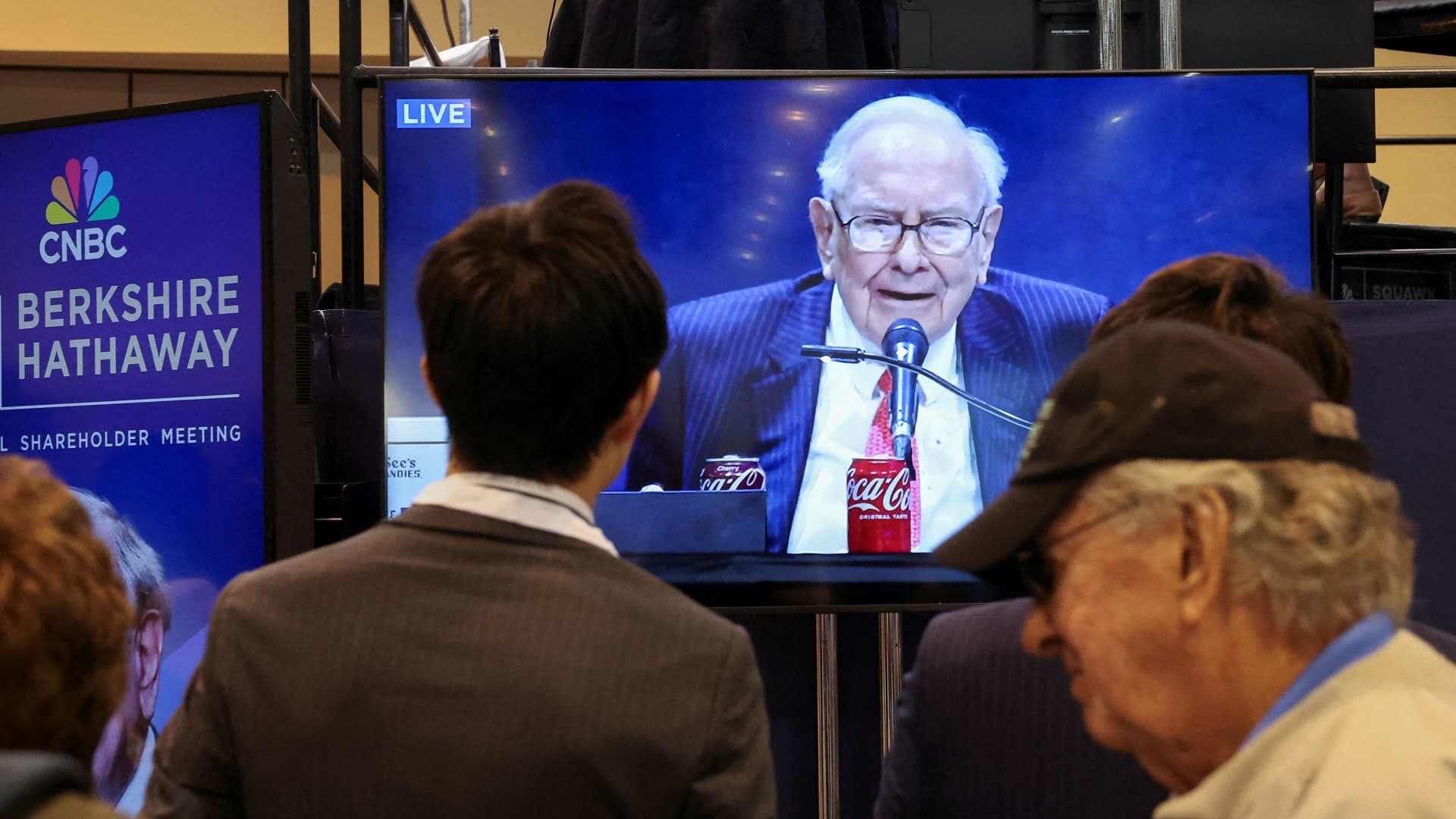A flag stall at the Yiwu Wholesale Market in Zhejiang province, China, on May 10, 2019.
Aly Song | Reuters
BEIJING — China emphasized the need for greater cooperation with the U.S., a day after it became clear President-elect Donald Trump would become the next leader of the White House.
“The Chinese side is willing, on the basis of mutual respect, peaceful coexistence and win-win cooperation, to increase communication with the U.S., expand cooperation and resolve differences,” He Yongqian, spokesperson at China’s Ministry of Commerce, told reporters Thursday in Mandarin, according to a CNBC translation.
She was responding to a question about China’s views and planned countermeasures, given the potential for increased U.S. tariffs and restrictions on high-end tech.
“Together [we can] push China-U.S. economic and trade relations toward a stable, healthy and sustainable direction, for the benefit of both countries and the world,” the commerce spokesperson said.
Her comments echoed those of Chinese President Xi Jinping, who earlier in the day noted the benefits of bilateral cooperation in a congratulatory message to Trump, according to a Ministry of Foreign Affairs readout.
Washington turned tougher on Beijing under Trump’s first four-year term that began in 2017. This year, the president-elect threatened additional tariffs on Chinese goods while campaigning for his second mandate.
Yue Su, principal economist at the Economist Intelligence Unit, said Trump will likely impose such tariffs in the first half of next year. She added that the Whiote House leader could speed up the process by invoking the International Emergency Economic Powers Act or Section 122 of the Trade Act of 1974, which allows the president to impose tariffs of up to 15% in response to a serious balance-of-payments deficit.
Other analysts are less concerned about a significant increase in U.S. tariffs targeting China.
“Trump’s current tariff proposal is likely the worst-case scenario,” David Chao, Global Market Strategist, Asia Pacific (excluding Japan) at Invesco, said in a note Thursday. “I suspect the new administration will hold off imposing these tariffs in order to win concessions, whether that may be more purchases of American soybeans or even geopolitical ones.”
He added, “More so, I don’t think Trump’s proposed 60% tariff policy on China will significantly impact [multinational corporations’] confidence or sentiment.”
Chao nevertheless said that a potential 10% tariff on all exports to the U.S. would likely have a bigger impact, weakening global demand and hitting China and the rest of Asia.

 Economics1 week ago
Economics1 week ago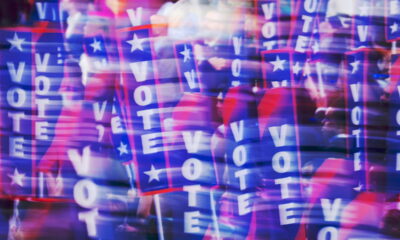
 Economics1 week ago
Economics1 week ago
 Personal Finance1 week ago
Personal Finance1 week ago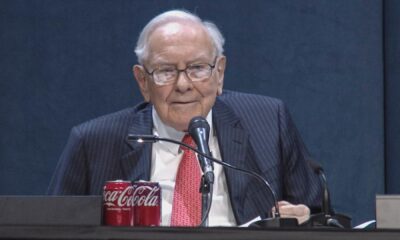
 Finance2 days ago
Finance2 days ago
 Economics1 week ago
Economics1 week ago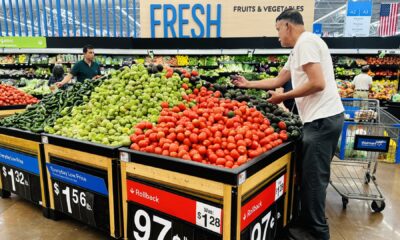
 Finance1 week ago
Finance1 week ago
 Personal Finance1 week ago
Personal Finance1 week ago
 Finance3 days ago
Finance3 days ago
